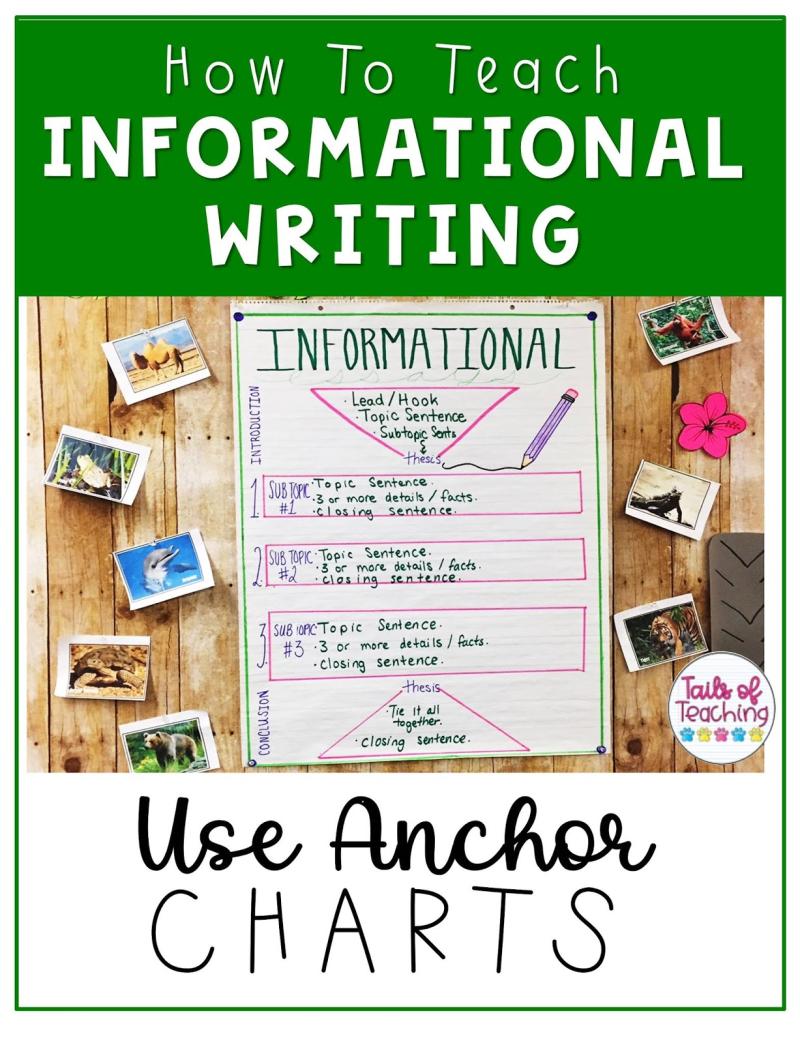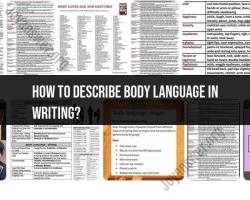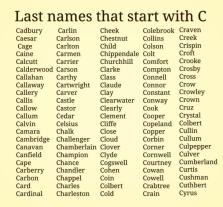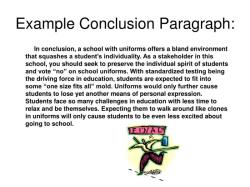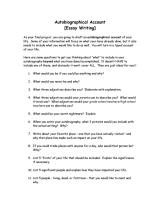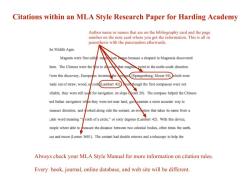How do informational writers plan and rehearse for drafting?
Informational writers often engage in a structured process of planning and rehearsing before they begin drafting. Here's an effective approach:
1. Research and Gather Information:
- Thorough Understanding: Research the topic extensively, gathering credible sources and diverse perspectives.
- Note-taking: Take organized notes, highlighting key points, statistics, quotes, and relevant information.
2. Identify Purpose and Audience:
- Define Objective: Clarify the purpose of the informational piece. Is it to inform, explain, compare, or persuade?
- Understand Audience: Identify the target audience and tailor the content to their knowledge level and interests.
3. Organize Information:
- Outline or Structure: Create an outline or a structure for the piece, organizing information logically. Consider using headings, subheadings, or bullet points.
- Storyboarding (if applicable): Visualize the flow of information, especially for visual-heavy content like infographics or presentations.
4. Drafting Preparation:
- Rehearse Concepts: Mentally rehearse how the information will be presented. Consider explaining the main points verbally or in bullet points before writing.
- Visualize Writing Process: Imagine how each section or paragraph will unfold before actually writing it.
5. Prewriting Techniques:
- Brainstorming: Generate ideas or concepts related to the topic.
- Freewriting: Write continuously for a set period without worrying about structure or grammar to generate ideas.
6. Create a Writing Environment:
- Eliminate Distractions: Set up a conducive environment for writing, free from distractions.
- Prepare Writing Tools: Ensure all necessary resources, references, and writing tools are readily available.
7. Rehearse Language and Structure:
- Verbal Practice: Verbally express main ideas or key points to refine language and structure.
- Skeletal Drafting: Write a brief skeletal draft, outlining the main sections or concepts to be expanded upon later.
8. Seek Feedback or Review:
- Peer Review: If possible, discuss the structure and content with peers or experts to gather diverse perspectives.
- Self-Review: Evaluate the prepared material to ensure clarity, coherence, and relevance to the audience's needs.
9. Finalize Plan for Drafting:
- Set Goals: Establish clear goals for the drafting phase, including word count targets, specific sections to complete, or milestones to achieve.
By thoroughly planning, organizing, and mentally rehearsing the content, informational writers can enter the drafting phase with a clear structure and vision, facilitating a smoother and more focused writing process.
What methods do informational writers employ to plan and practice before drafting?
Informational writers employ a variety of methods to plan and practice before drafting their work. Here are some of the most common:
Planning:
- Defining purpose and audience: Identifying the intended audience and the specific objective of the writing helps shape the content and delivery. This ensures the information is relevant and understandable for the target readers.
- Research and information gathering: Thorough research ensures the accuracy and credibility of the information presented. This may involve consulting various sources, including books, articles, online databases, interviews with experts, and personal observations.
- Outlining and organizing: Creating an outline helps organize the information and ensure logical flow. This can include mind maps, concept maps, or traditional outlines with headings and subheadings.
- Developing a thesis statement: A clear and concise thesis statement summarizes the main point of the writing and guides the organization and development of the content.
- Preparing visual aids: Planning for visuals like graphs, charts, diagrams, and images can enhance understanding and engagement.
Practicing:
- Prewriting: Engaging in prewriting activities like brainstorming, listing ideas, and free writing can help generate content, overcome writer's block, and refine ideas.
- Note-taking and summarizing: Taking detailed notes while researching and summarizing key points helps organize information and ensure accurate recall.
- Creating drafts and revising: Writing multiple drafts allows for refining content, checking for clarity and accuracy, and incorporating feedback.
- Reading aloud: Reading the draft aloud can help identify awkward phrasing, unclear sentences, and areas for improvement.
- Sharing drafts for feedback: Seeking constructive feedback from peers, teachers, or editors can provide valuable insights and suggestions for improvement.
- Utilizing online tools: Several online tools can help with planning, drafting, and revising, including grammar checkers, plagiarism detectors, and collaborative writing platforms.
These methods are not mutually exclusive and can be used in combination depending on the writer's preferences and the complexity of the writing task. Informational writers who plan and practice effectively are better equipped to produce clear, well-organized, and informative writing that meets the needs of their audience.
Here are some additional resources you may find helpful:
- Purdue Online Writing Lab (OWL): https://owl.purdue.edu/owl/
- National Council of Teachers of English (NCTE): https://ncte.org/
- Khan Academy: https://www.khanacademy.org/test-prep/sat/sat-reading-writing-practice/new-sat-writing-passages/v/sat-writing-informational-passage
